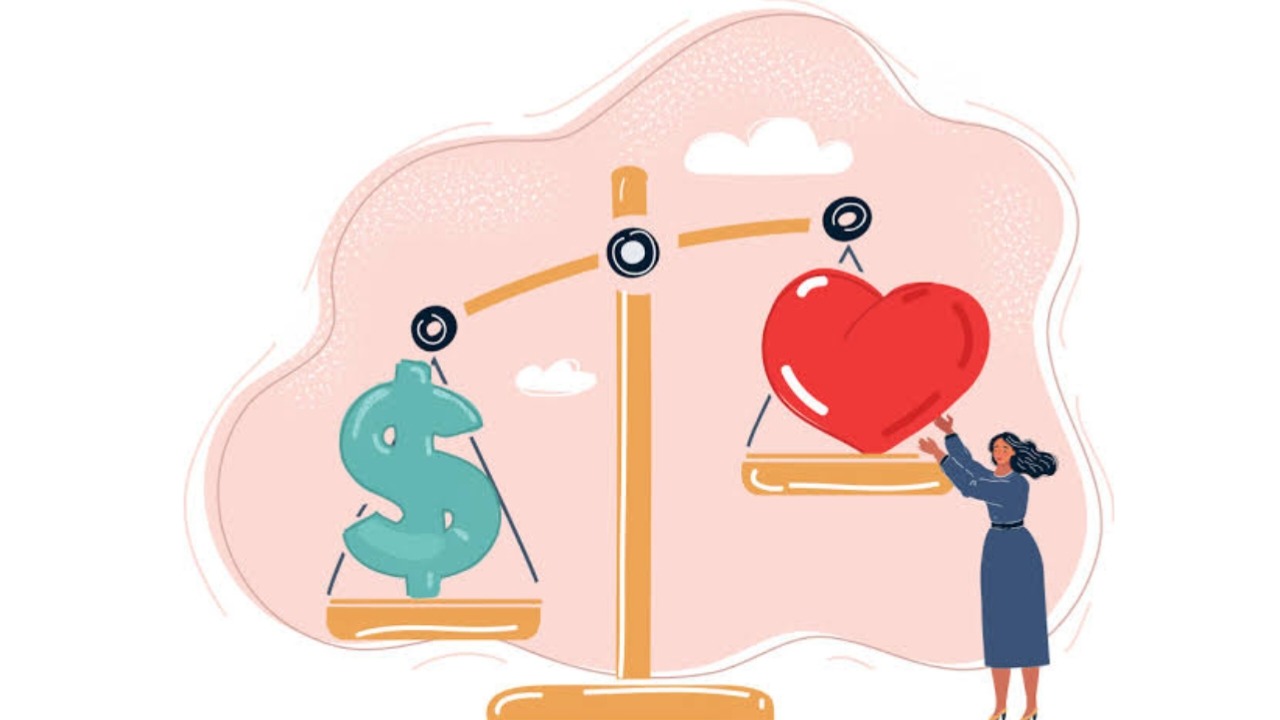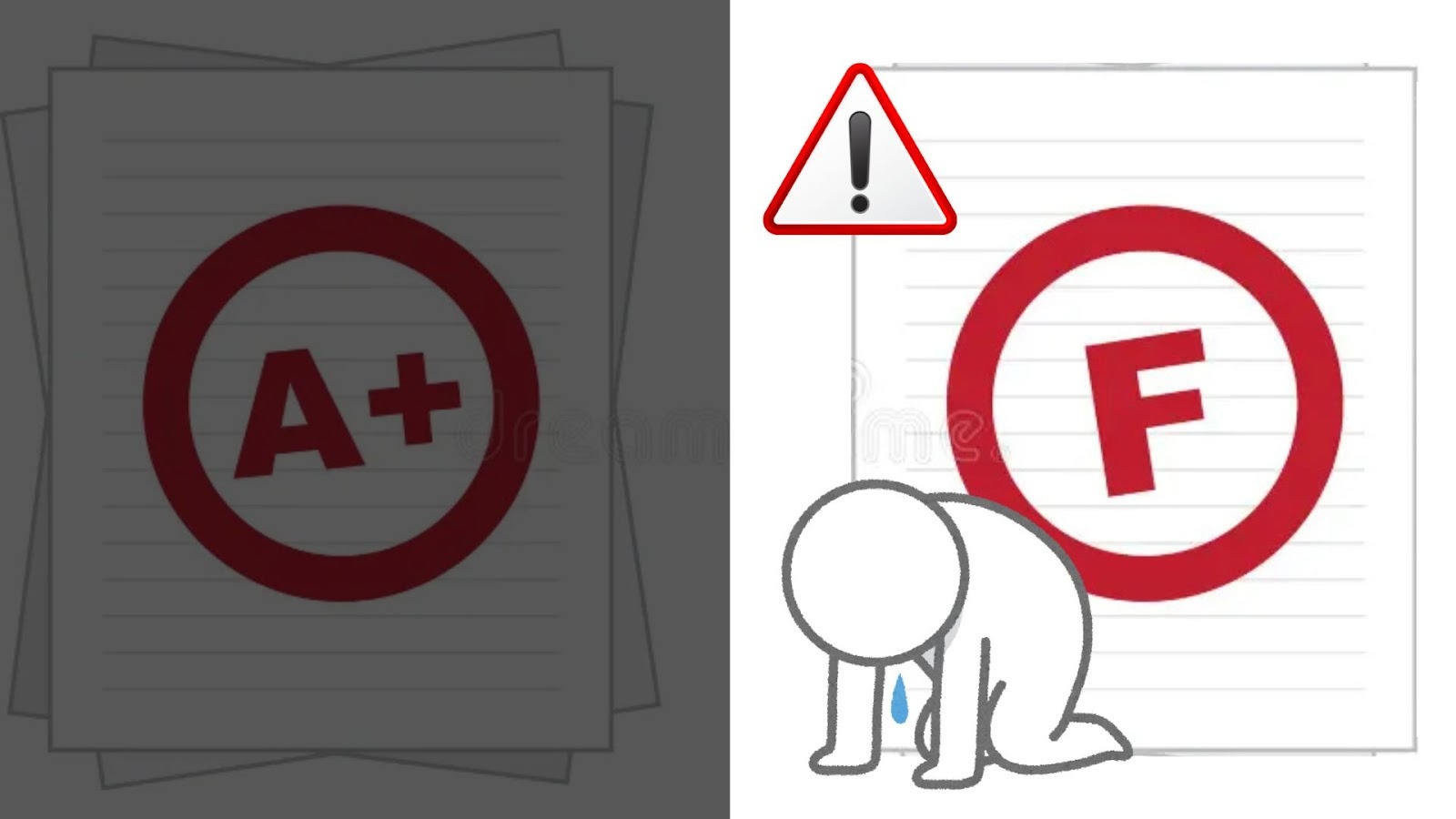The Mental Detox No One Talks About
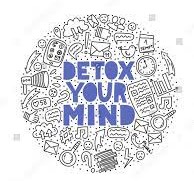
We live in a world that glorifies green juice, intermittent fasting, and yoga retreats in Bali. Everyone wants to “cleanse” something, their gut, their skin, their Instagram feed. But here’s the quiet truth no one tells you: most of us don’t need a detox for our bodies; we need one for our minds.
You see, the human mind has become a cluttered marketplace, noisy, overstimulated, and addicted to chaos. We scroll, we compare, we perform. Every notification feels urgent, every thought feels permanent, and every piece of bad news lodges itself somewhere between our chest and our anxiety. Yet, while we obsess over calories and carbs, we ignore the mental toxins that are quietly eating us alive.
It’s ironic. We’ll fast for 16 hours to “flush toxins” but can’t go 16 minutes without checking WhatsApp, Instagram, or the latest viral disaster.
The Invisible Junk We Feed Our Minds
Let’s start here: detoxing your body is easy, there’s a smoothie for that. But detoxing your mind? That’s war. Because the toxins don’t come in bottles; they come in pixels, headlines, and endless comparisons.
We consume so much mental junk without realizing it. The news cycle thrives on outrage, social media runs on envy, and the economy rewards burnout disguised as ambition. A study by the World Health Organization (WHO) revealed that mental health disorders, particularly anxiety and depression, cost the global economy over $1 trillion per year in lost productivity.
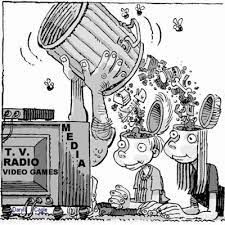
That’s not because people are lazy. It’s because we’re mentally exhausted. The human brain wasn’t designed for this volume of stimulation, constant news, emails, arguments, and curated perfection. In Africa, it’s even more layered. The average young person wakes up not just to messages and memes, but to pressure, family expectations, economic instability, and the haunting thought that time is running out.
We carry that mental clutter everywhere, to work, to church, to bed. And then we wonder why we wake up tired.
When Rest Feels Like a Crime
In many African societies, rest is still seen as laziness. We praise the one who works “day and night,” the person who “hustles hard” and sleeps less. We have glamorized exhaustion.
But mental detox begins with something revolutionary — permission to rest. Real rest. Not scrolling through TikTok in bed, not watching motivational videos that make you feel guilty, but actual, unproductive stillness.
“The African mind is tired — not from work, but from worry. We are constantly calculating survival.”
Many of us don’t realize that we are mentally overstimulated but emotionally undernourished. We chase dopamine hits, likes, notifications, gossip, but avoid quiet moments that force us to confront ourselves. We’d rather distract than detox.
The New Toxic Diet: Information Overload
Every era has its poison. For ours, it’s information.
We’re drowning in knowledge but starving for wisdom. Everyone has an opinion, and everything is breaking news. You can’t open your phone without being hit by wars, scandals, and online feuds. The world feels like it’s constantly ending — yet we still refresh the page.

A 2024 report found that a large number of people now experience “information fatigue,” a psychological state of stress caused by excessive exposure to online content. The effect? Burnout, cynicism, and a growing inability to focus.
It’s why so many people feel mentally foggy, not because they’re sick, but because their attention span has been hijacked. We are overstimulated yet under-reflective. And reflection is what cleans the mind.
When was the last time you sat in silence without music, without scrolling, without reaching for something external? If that question makes you uncomfortable, you’re not alone. We’ve built a world that’s allergic to silence.
Social Media and the Cult of Comparison
Let’s be honest — the biggest toxin of all is comparison.
Social media, for all its connectivity, has turned life into a highlight reel. Everyone is “doing well.” Everyone is “blessed.” Everyone is “building something.” And if you’re not — well, it must be you.
It’s the silent psychological war that plays out daily on timelines across Africa. The young designer in Lagos comparing herself to a peer who just moved to Dubai. The content creator in Nairobi wondering why his videos don’t get the same engagement. The university graduate in Accra questioning why his mates are “winning” faster.
Comparison, disguised as inspiration, is now the biggest source of mental fatigue.
But here’s the thing: detoxing your mind doesn’t mean deleting your accounts or becoming a monk. It means reclaiming control. It means learning to scroll consciously, to pause before reacting, to remind yourself that the online world is a fragment, not the full story.
“Social media isn’t the problem. It’s how we measure our worth through it.”
The Emotional Hangover
Ever noticed how your body feels after a long night of drinking? Heavy, tired, slightly disconnected? That’s exactly how your mind feels after emotional overstimulation.
Every argument, every tragic headline, every toxic post you engage with leaves residue. We rarely process these feelings, we just suppress them. But like physical toxins, they build up.
The result? Emotional fatigue. You start feeling detached from joy, empathy, and even ambition. You’re functioning, but not living. And here’s the kicker: mental toxins don’t just affect mood; they affect the body.
Studies have shown that chronic stress and emotional overload can increase inflammation, disrupt sleep patterns, and even weaken the immune system. So while you’re sipping celery juice trying to cleanse your body, your brain might be crying for a reset.
The African Hustle and the Myth of Mental Toughness
Let’s talk about one of Africa’s favorite cultural exports, resilience.
We pride ourselves on being tough, adaptable, unbreakable. It’s beautiful, yes, but it’s also dangerous. Because sometimes, resilience becomes repression.
You’ll hear people say, “We don’t do therapy here.” Or, “I’m fine, I just need to pray.”
But prayer without processing isn’t peace, it’s postponement.
Our cultures have taught us to endure but not to express. The average African youth has been told to “be strong” so often that vulnerability now feels like failure. And that’s where the mental toxins thrive in silence.
We detox the body with fasting, herbs, and supplements. But detoxing the mind requires vulnerability, honesty, and sometimes help. Therapy, meditation, journaling, or even long conversations that allow emotional release, these are mental cleanses.
Learning to Unsubscribe
Here’s a radical thought: maybe you don’t need to know everything.
The world won’t collapse if you don’t read every headline or reply to every message. The mind thrives in selective ignorance, not in apathy, but in boundaries.
In 2025, digital minimalism is not just a lifestyle trend; it’s survival. The future belongs to those who can filter not just data, but emotions.
When you start detoxing your mind, you begin to realize how much unnecessary clutter you carry, resentment from years ago, fear of being left behind, and the guilt of saying no. You start unlearning the idea that constant activity equals progress.
The Detox Is in the Doing
So, what does a mental detox look like in practice? It’s not complicated, but it is consistent.

It’s choosing a digital Sabbath — one day off screens weekly.
It’s curating your timeline like your diet — less gossip, more growth.
It’s replacing doom-scrolling with journaling.
It’s learning to breathe before reacting.
It’s talking to a friend, therapist, or mentor instead of bottling everything up.
It’s realizing that being “okay” isn’t the same as being “fine.”
When you start doing this, something strange happens, you rediscover stillness. You notice beauty in ordinary things. You begin to think clearly, not compulsively. And that’s when life starts feeling like yours again.
Think of your mind like a garden. Everything you allow in, thoughts, conversations, people — plants something.
If you keep planting chaos, don’t be surprised when peace refuses to grow.
Mental detox is weeding out what doesn’t serve you, not in an aesthetic way, but in a survival way. It’s saying no to people who drain you, no to habits that exhaust you, no to self-talk that shrinks you.
In African spirituality, the mind has always been sacred. Our ancestors didn’t use the word “mental health,” but they practiced it, through storytelling, community, music, and silence. The modern world calls it mindfulness; then it was called balance. Maybe the future of mental wellness in Africa isn’t Western therapy versus tradition, it’s a reunion of both.
The Real Cleanse
If your mind were your body, most of us would be sick from overconsumption. Too much mental sugar, validation. Too much salt, outrage. Too much caffeine, anxiety.
The real cleanse begins when you recognize what’s poisoning your peace. When you stop performing wellness and start practicing it. When you realize that self-care isn’t a bubble bath, it’s boundaries.
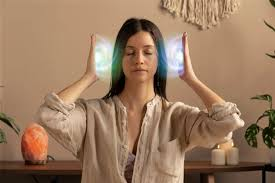
So yes, go ahead, drink your lemon water. Eat your greens. But remember: peace of mind digests better than kale.
Because when your mind is clean, your body follows.
And that’s the kind of detox no product can sell you.
You may also like...
Explosive Racism Claims Rock Football: Ex-Napoli Chief Slams Osimhen's Allegations

Former Napoli sporting director Mauro Meluso has vehemently denied racism accusations made by Victor Osimhen, who claime...
Chelsea Forges Groundbreaking AI Partnership: IFS Becomes Shirt Sponsor!

Chelsea Football Club has secured Artificial Intelligence firm IFS as its new front-of-shirt sponsor for the remainder o...
Oscar Shockwave: Underseen Documentary Stuns With 'Baffling' Nomination!

This year's Academy Awards saw an unexpected turn with the documentary <i>Viva Verdi!</i> receiving a nomination for Bes...
The Batman Sequel Awakens: Robert Pattinson's Long-Awaited Return is On!
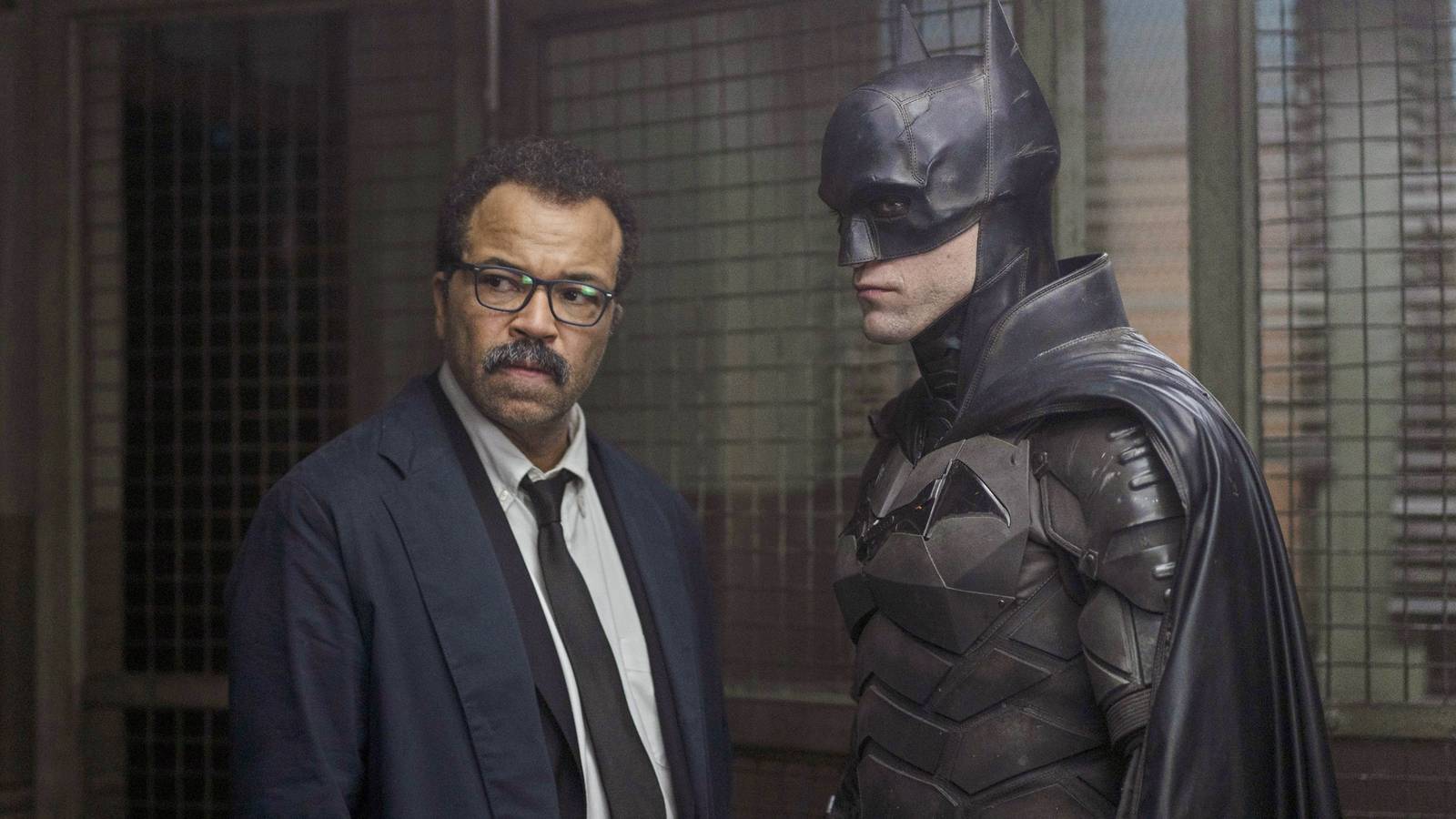
Robert Pattinson's take on Batman continues to captivate audiences, building on a rich history of portrayals. After the ...
From Asphalt to Anthems: Atlus's Unlikely Journey to Music Stardom, Inspiring Millions

Singer-songwriter Atlus has swiftly risen from driving semi-trucks to becoming a signed artist with a Platinum single. H...
Heartbreak & Healing: Lil Jon's Emotional Farewell to Son Nathan Shakes the Music World

Crunk music icon Lil Jon is grieving the profound loss of his 27-year-old son, Nathan Smith, known professionally as DJ ...
Directors Vow Bolder, Bigger 'KPop Demon Hunters' Netflix Sequel

Directors Maggie Kang and Chris Appelhans discuss the phenomenal success of Netflix's "KPop Demon Hunters," including it...
From Addiction to Astonishing Health: Couple Sheds 40 Stone After Extreme Diet Change!

South African couple Dawid and Rose-Mari Lombard have achieved a remarkable combined weight loss of 40 stone, transformi...




